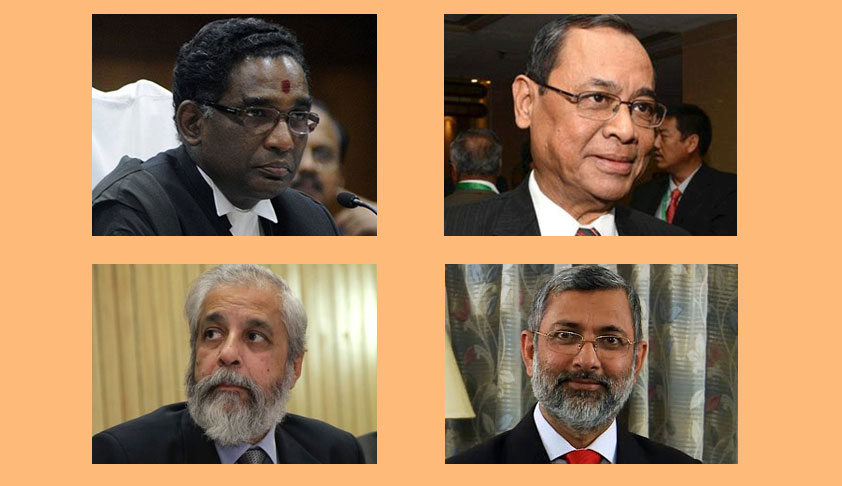In an unprecedented move four Senior Judges of Supreme Court will address the media today. As per the reports Justices J. Chelameswar, Ranjan Gogoi, Madan Lokur and Kurian Joseph are expected to meet the press Today.There are allegations against Chief Justice of India against allotment of matters to benches and constituting Constitution Benches ignoring Senior Judges of the Court.There...

